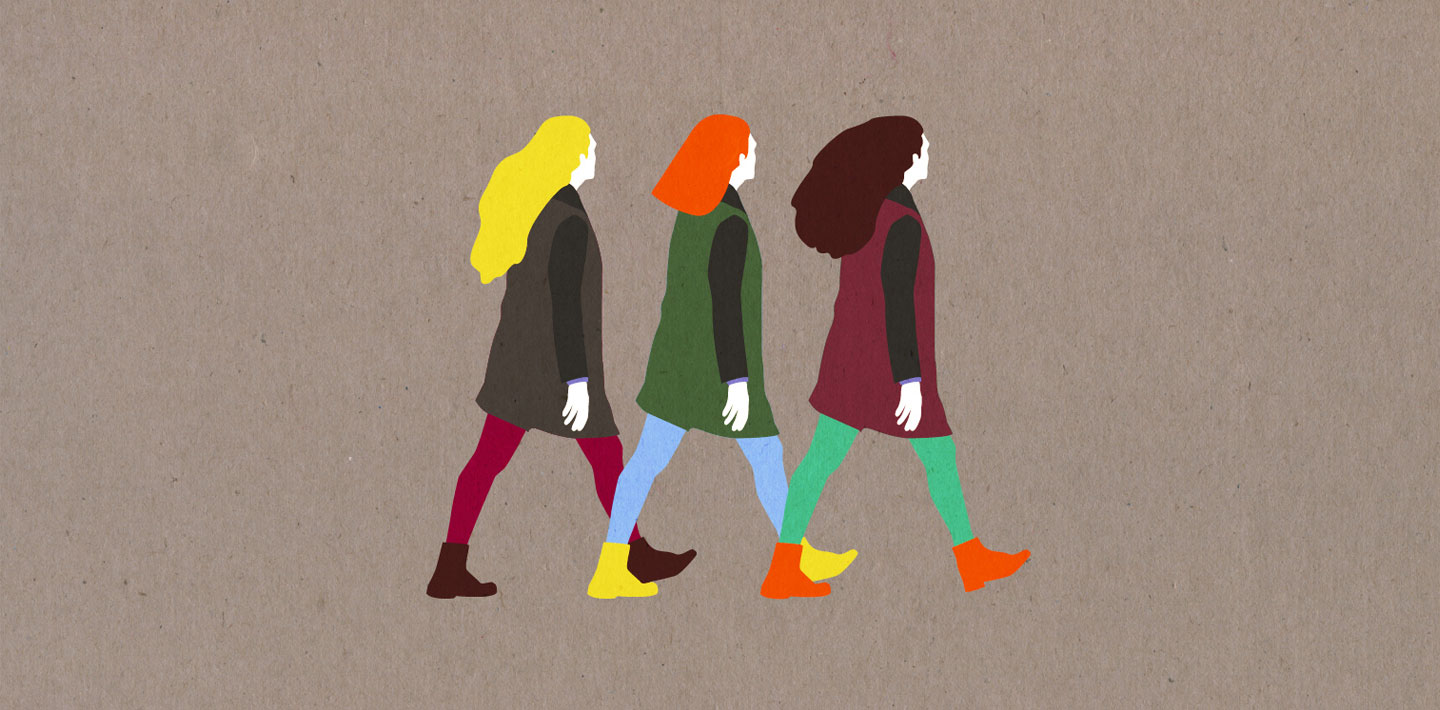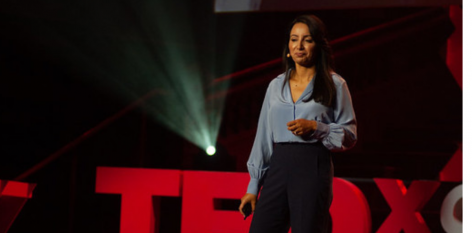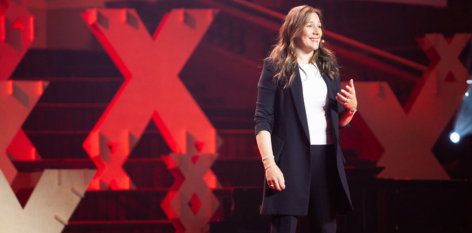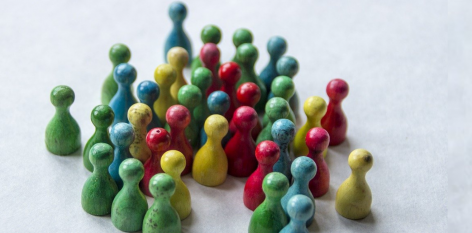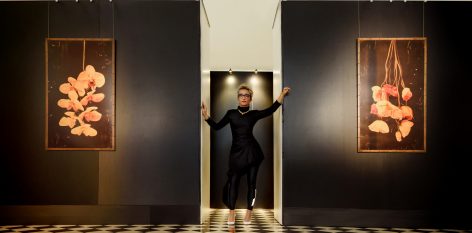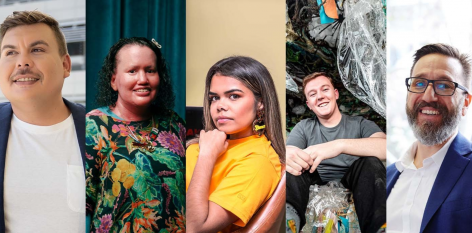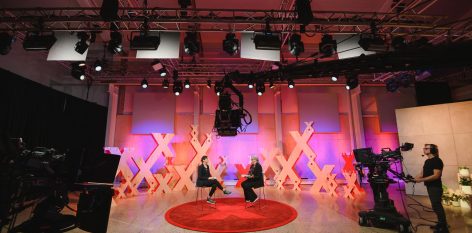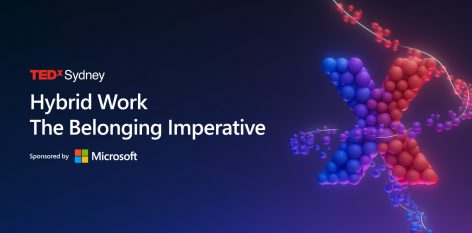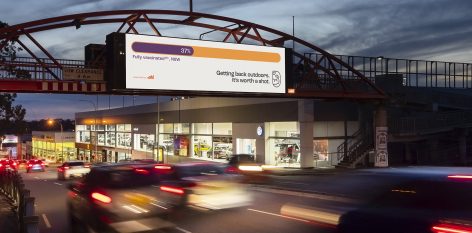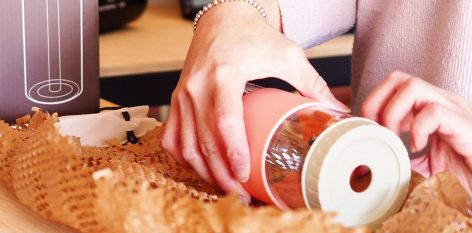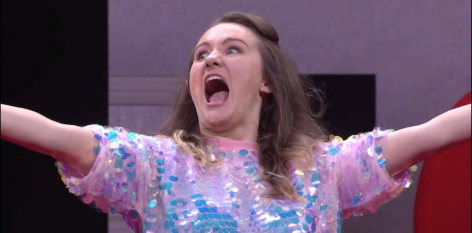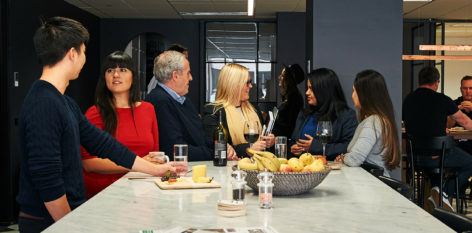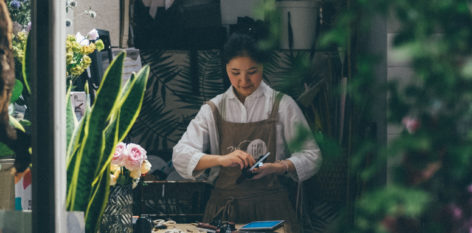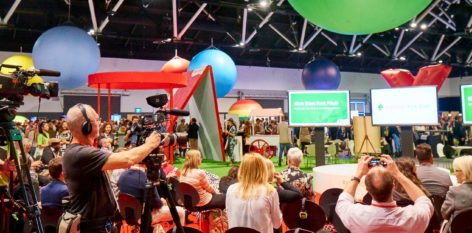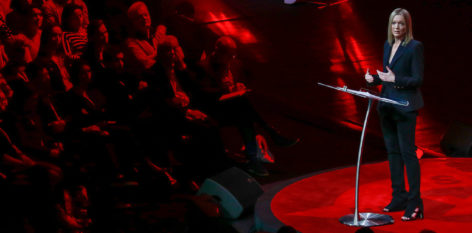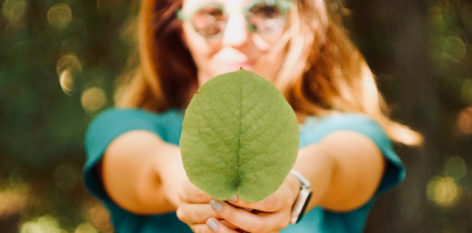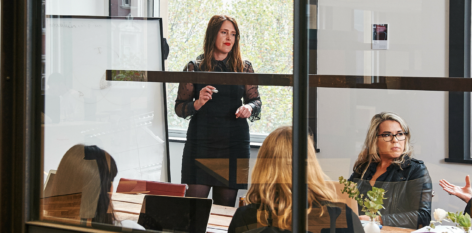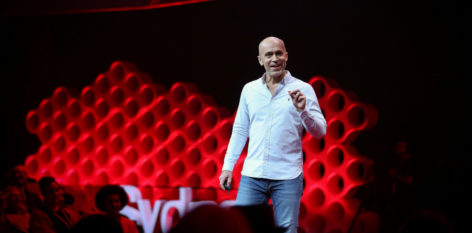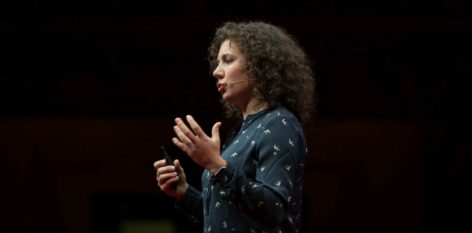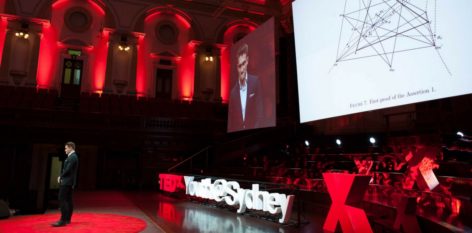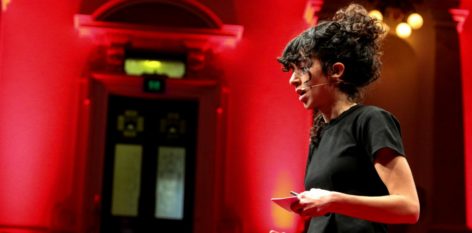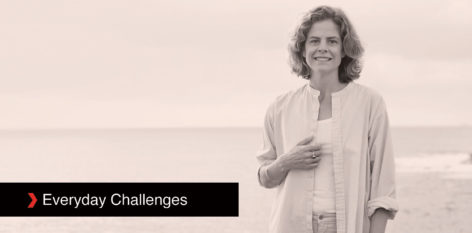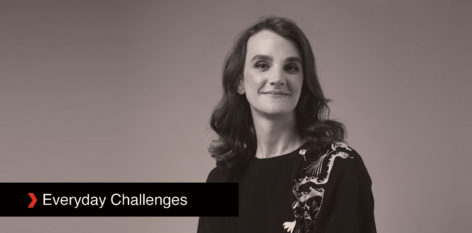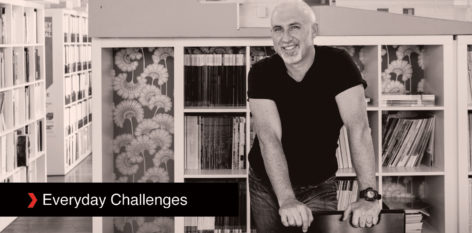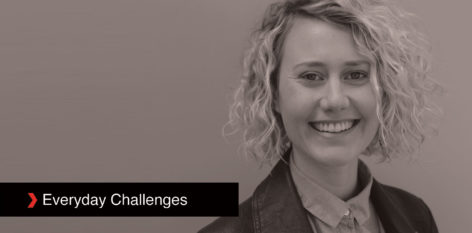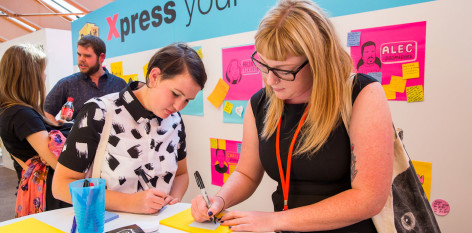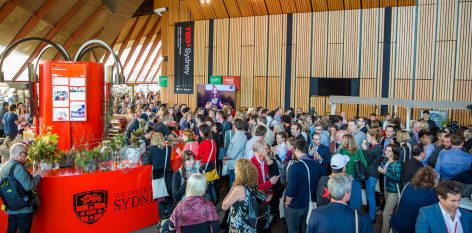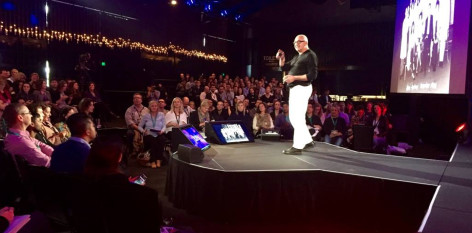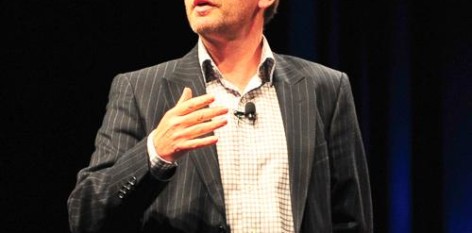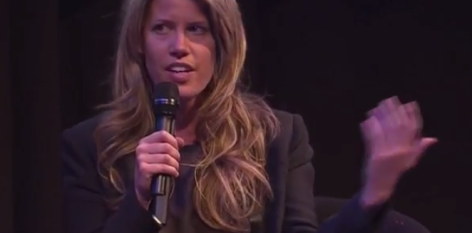“What is an entrepreneur?” This was the question Jo Burston put to young girls attending her former primary and secondary schools two years ago. The answer was unanimous: ‘an entrepreneur is a man who does business.’ It hadn’t occurred to a single girl that one day they could be an entrepreneur.
Already a successful businesswoman, the answer didn’t shock Jo; but it did give her the impetus to launch her own company, Rare Birds. In a bid to develop female entrepreneurism, Jo and her team built a network of over 25,000 female entrepreneurs in Australia and around the world, offering mentorship by both men and women. And she achieved all this in only 16 months. Her target is now to grow the Rare Birds community to one million female entrepreneurs by 2020 and she’s confident she can do it.
Forward thinking ideas such as this inspired TEDxSydney to partner with Jo and other prominent thinkers for ‘Ideas that Travel’ – the world’s first tech talk in the sky, held in February 2016.
Jo was one of four people selected to speak on this world-first Qantas flight experience, held in the nose of Qantas’ B747 during the thirteen hour flight from Sydney to San Francisco. Other speakers included robotics engineer Marita Cheng; quantum physicist Assoc. Prof. Michael J. Biercuk; and deep learning expert, Jeremy Howard. Jo presented her ideas directly to a select group of entrepreneurs, while her talk was livestreamed across the plane. Following her return to Sydney, we caught up with Jo to expand on the ideas she presented at 30,000 feet.
“To be part of something that had not been done before is a tick box in your life and your career. Doing things first, and winning, makes a difference to me.”
In her ‘Ideas That Travel’ talk, Jo addresses some of the challenges and differences that female entrepreneurs face in business. One key point she makes is that the challenges do not necessarily come from males holding women back, but from their own business methods.
“Men are often very clear about what they want to do in business: “I like what you are doing, here is how I see it working, can we do it this way?” The ask is very clear.
“I find with women, they struggle to get that ask clear. They will go around the conversation before they get to what it is they really want. In the times that I have spoken to women and mentored them, I have always said – be very clear about what you want and ask for it - don’t ask for what you think they might want, ask for what you want.”
“I think that’s a reason why women aren’t asking for pay rises. Guys will go into interviews and they will say, ‘I’m worth 100k and that’s what I will leave my other job for,’ where as a woman might go, ‘look, I’m really flexible about my starting point.’”
Strategic thinking is important in any business, Jo believes it is a vital characteristic for entrepreneurs. Whilst it is something learned, it is also something she believes anyone can practice until it becomes second nature. Seeing the best of a situation, not just the difficulty, is also an important skill to develop.
“There are not many situations that I can’t work my way out of, and that’s also a trait of entrepreneurs. I see things optimistically. I see what’s going to go well before I see how I might fail at this. I see not just what can I do, but how can I be the best at this as well. That mindset is now unconscious – I don’t have to think about it.
“I’ve made it my business to practice, and as with entrepreneurship, all these things are like muscles - if you use them regularly, and you exercise and you keep them flexible, then they work really well.”
A woman’s approach to business can be different from their male counterparts, and Jo believes that this diversity can be incredibly beneficial when men and women work alongside each other. While the objective of Rare Birds may be to develop female entrepreneurs, this outcome is met through celebrating and drawing upon such diversity.
“I’ve made a very conscious and purposeful decision that 50% of my advisory board are guys, 50% of our ambassadors are guys. When I first took the business out to press I said we’re not a women’s organisation, we’re an organisation that supports women, and that support comes from all diversities. Doing business with guys is a pleasure, doing business with women is a pleasure, so it would be really counterproductive for me to say we want equality, but we’re only going to include women.”
With Rare Birds now in it’s second year, many may wonder what impact female-led entrepreneurship might have upon the way business is conducted, and what financial worth it could carry.
“I think the powerful influence of female entrepreneurship is entirely underestimated. Women are starting businesses at twice the rate of men in Australia. Out of the two million companies here, 700,000 are female led. Globally females represent approximately 27% of the world’s wealth, which is almost 21 trillion dollars.
Rare Birds feels less like a feminist movement, and more like a well-thought-out business strategy with both commercial success and genuine contribution at its heart.
“[Parity] is not 100 years away. If we look at the millennial generation now, they don’t see gender, they don’t see race. It’s normal to be around all cultures and people that look different to you. Millennial are not seeing the same thing, so I think we’re looking at parity in one or two generations at most. I’ve always maintained inclusivity and diversity in our business. I think that by showing that from day one at Rare Birds, we’re already ahead.”
Watch Jo Burston’s ‘Ideas that Travel’ talk:
Original illustration by Lauren Conti.
